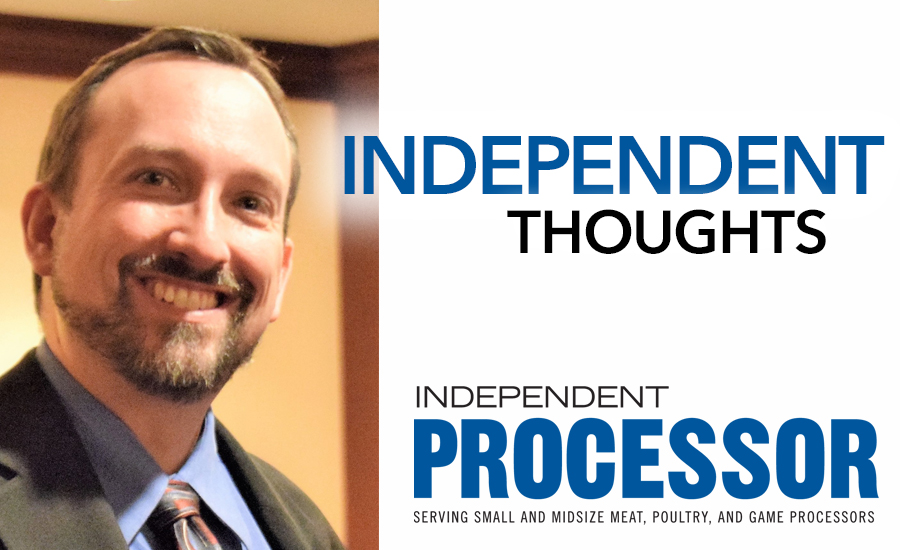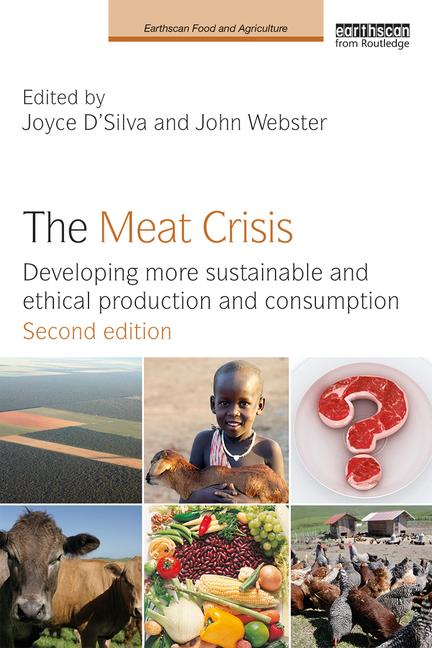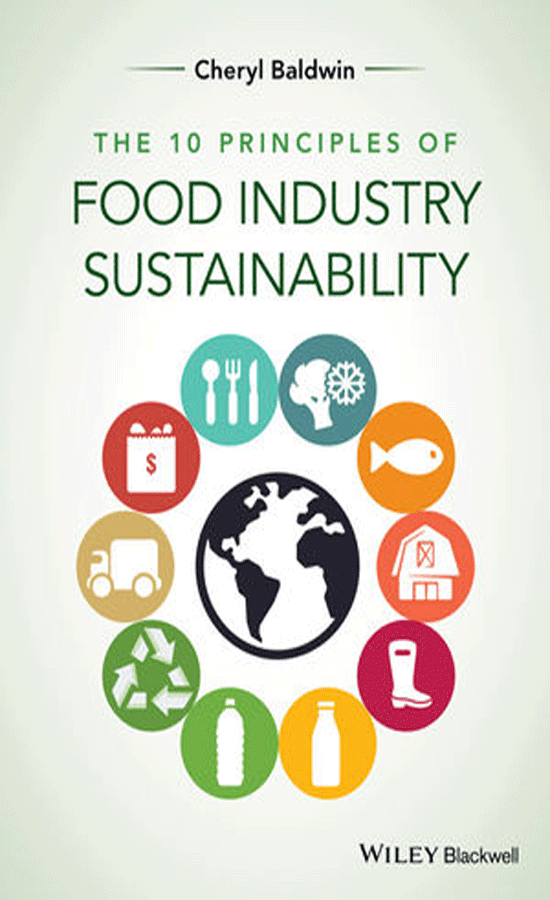At the turn of the 20th Century, we were starting to hear arguments against child labor. Do you know what was one of the main arguments for child labor? “Children have always worked.” In other words, this is the way it’s done, so let’s leave it alone. It’s perfectly ethical.
Let’s talk about what child labor meant at the time. We’re not talking about kids doing chores around the house or helping out on the farm. We’re not even talking about youngsters coming into the family business after school to wash dishes or take out trash. We’re talking about sending young teens and children, six or seven years old or earlier, off to work to earn a paycheck. Coal mining. Factory work. Sometimes they worked dangerous jobs because small hands and small bodies can get into tight quarters where adults can’t go. Sometimes they didn’t come home.
The U.S. Bureau of Labor Statistics wrote about child labor and included these quotes from citizens in favor of child labor. “I am glad to see there is going to be a meeting here for child labor. I am really tired of seeing so many big children ten years old playing in the streets,” said one citizen of the era. “Don’t take these boys away from us! We have just bought these uniforms, and they were made to order,” said a shopkeeper in Ohio.
Not only was child labor accepted, it was so ingrained into the American workforce that to do without it was practically unfathomable. Had the terms been known at the time, people probably would have sneered at child labor reformers as being “woke” or “social justice warriors.”
So what changed? Labor didn’t change. Children didn’t change. We changed. Americans, as a group, gradually woke up to the fact that putting children to work in the fields or factories was unethical and immoral. We passed laws against it. And yes, trying to get your kids to do some light work in your shop can be a hassle at times, but there are good reasons for why the child labor laws are what they are.
Ethics in our world change as our society evolves. Sometimes it’s in a small way, like being aware of the pronouns that a person prefers or refraining from saying certain names or terms because they’re considered hurtful. Other times, the changes are large-scale, and we’re dealing with several of them now.
The minimum wage in the United States has been $7.25 an hour since 2009. Inflation costs have gone up, cost of living has gone up, but minimum wage remains the same. You can legally pay employees the bare minimum. But is it ethical to do so? And frankly, does it make business sense to offer a low salary if you get no candidates?
The meat supply chain – and this holds true for most every aspect of the food industry for that matter – is based on a few large corporations processing the majority of the raw materials. It’s how the industry has always done it, and it makes for affordable food. But is it ethical to have so much of the industry tied to a handful of corporations? Does this unfairly leave out independent producers and processors?
I don’t have these answers. There are reasons for and against raising the minimum wage or regulating the beef market more tightly. But I do think that, “The way we’re currently doing it is correct because it’s the way we’ve always done it” doesn’t hold water anymore. I think that asking yourself “But is it ethical?” is a better question to ask than “Is this how we’ve always done it?”
Sam Gazdziak
gazdziaks@bnpmedia.com








